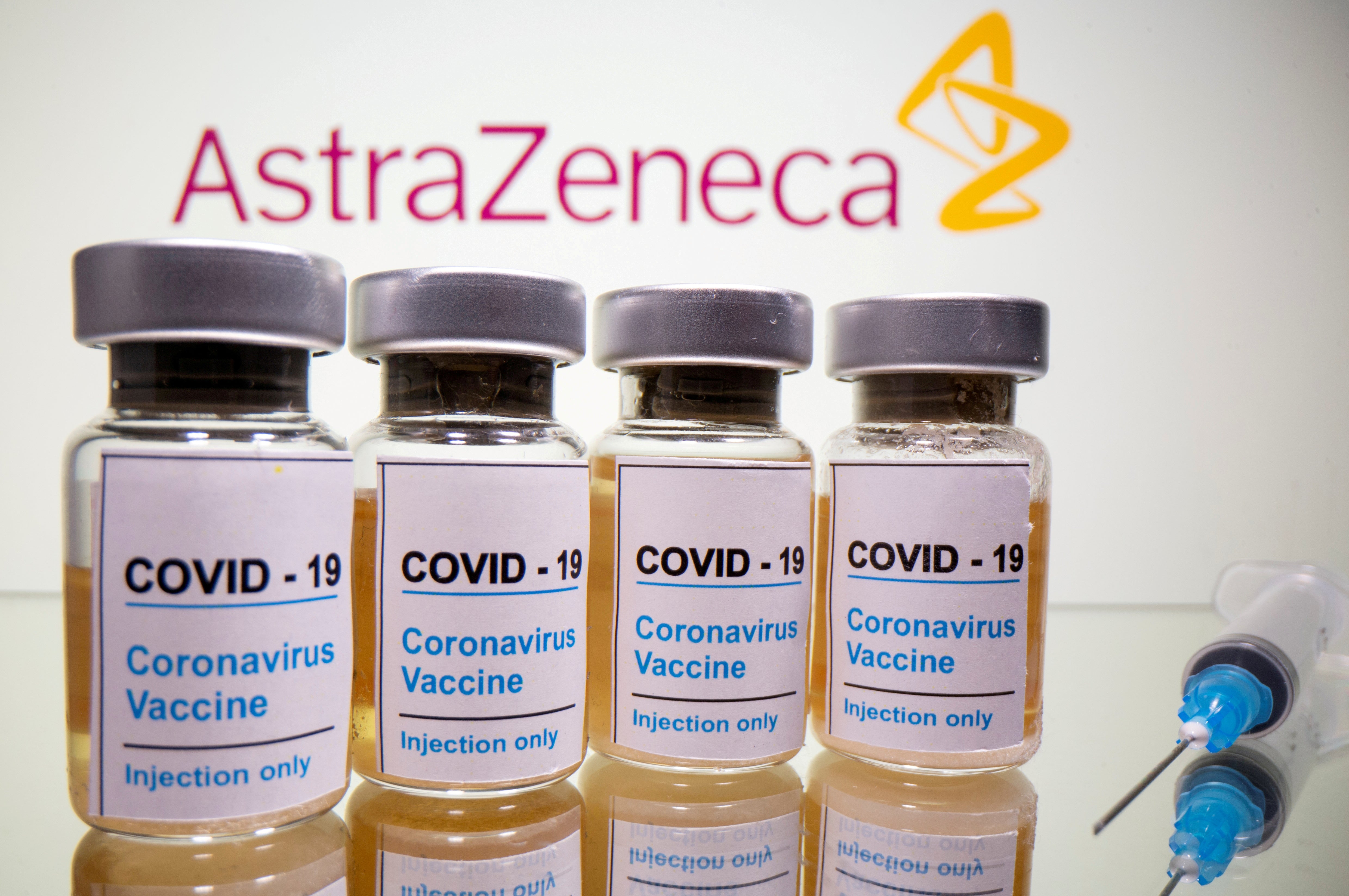Patient claims ‘adverse event’ in AstraZeneca Covid trial in India
Comparisons are being made to an adverse event in UK which saw trials suspended globally

Your support helps us to tell the story
From reproductive rights to climate change to Big Tech, The Independent is on the ground when the story is developing. Whether it's investigating the financials of Elon Musk's pro-Trump PAC or producing our latest documentary, 'The A Word', which shines a light on the American women fighting for reproductive rights, we know how important it is to parse out the facts from the messaging.
At such a critical moment in US history, we need reporters on the ground. Your donation allows us to keep sending journalists to speak to both sides of the story.
The Independent is trusted by Americans across the entire political spectrum. And unlike many other quality news outlets, we choose not to lock Americans out of our reporting and analysis with paywalls. We believe quality journalism should be available to everyone, paid for by those who can afford it.
Your support makes all the difference.It has been more than a month since an alleged adverse event was reported during the trial of AstraZeneca’s Covid-19 vaccine in India, yet to date the country’s health regulator has not commented, and trials were not suspended at any point.
The incident took place in Chennai, southern India last month during trials of the coronavirus vaccine being developed by AstraZeneca and the University of Oxford. An adverse event is defined as any unexpected medical problem involving someone who has taken a pharmaceutical product.
On 1 October, a 40-year-old man who volunteered for the trials was administered the vaccine shot, but 10 days later complained of a severe headache which was followed by vomiting, resulting in him being confined to bed.
He has since sent a legal notice to the Serum Institute of India (SII), which is developing the AstraZeneca vaccine in India, and the national drug regulatory authority seeking Rs 50m (about £500,000) in damages. The SII is conducting clinical trials of the vaccine in India at 15 different centres with at least 1,600 participants.
According to the legal notice, his wife said there was a behavioural change in her husband and he showed irritation towards light and sound. The hospital that treated him after the complaints noted that he was “disoriented”, according to local media reports, and during his hospitalisation from the 11 October to 26 October he underwent an extensive medical examination.
The patient’s wife told The Hindu that though her husband’s condition has improved since October, he is yet to recover fully and they are consulting another neurologist.
The SII has defended the trial and filed a counter-claim seeking damages in excess of Rs 1 billion (£10.13m) in damages for his allegations in the media against the vaccine. It calls the claims in the patient’s notice “malicious and misconceived” because the volunteer was “specifically informed by the medical team that the complications he suffered were independent of the vaccine trial he underwent.”
“While the Serum Institute of India is sympathetic with the volunteer’s medical condition, there is absolutely no correlation with the vaccine trial and the medical condition of the volunteer. The volunteer is falsely laying the blame for his medical problems on the Covid vaccine trial,” said a spokesperson for the SII.
“In spite of specifically being made aware of the same, he still chose to go public and malign the reputation of the company. It is evident that the intention behind the spreading of such malicious information is an oblique pecuniary motive.”
So far, India’s health regulator has been silent on the alleged adverse event and there has not been any official statement. However, it is believed the authorities are going to look closely at what happens in court.
Last week, India’s prime minister Narendra Modi visited the SII’s facility in Pune to be briefed on the process of vaccine production and distribution. The SII has already manufactured 40 million doses of the AstraZeneca/Oxford vaccine under permission from the Drug Controller General of India.
It is not the first time the AstraZeneca/Oxford vaccine has come under scrutiny. Indeed, comparisons were being drawn at the weekend between the Chennai patient’s experience and an adverse event reported in the UK in September, which saw global trials suspended while it was investigated. Trials later resumed.
In October, a volunteer involved in its clinical trial died in Brazil. That trial was not suspended, with the strong implication from the drugmaker being that the patient who died was part of the study’s control group.
Even after AstraZeneca released efficacy data about the vaccine in November, questions were raised over the data in the study, which returned two different rates of effectiveness. AstraZeneca’s chief executive Pascal Soriot later admitted that they need to carry out “additional study” to validate the findings, though it was not expected to slow down the process of applying for regulatory approval.
Other than India, the AstraZeneca vaccine is being tested in trials in the UK, Brazil, South Africa and the US. It is one of the most promising vaccines after those ones announced by Moderna and Pfizer-BioNTech, particularly because it is seen as being easier and cheaper to distribute at scale.




Join our commenting forum
Join thought-provoking conversations, follow other Independent readers and see their replies
Comments